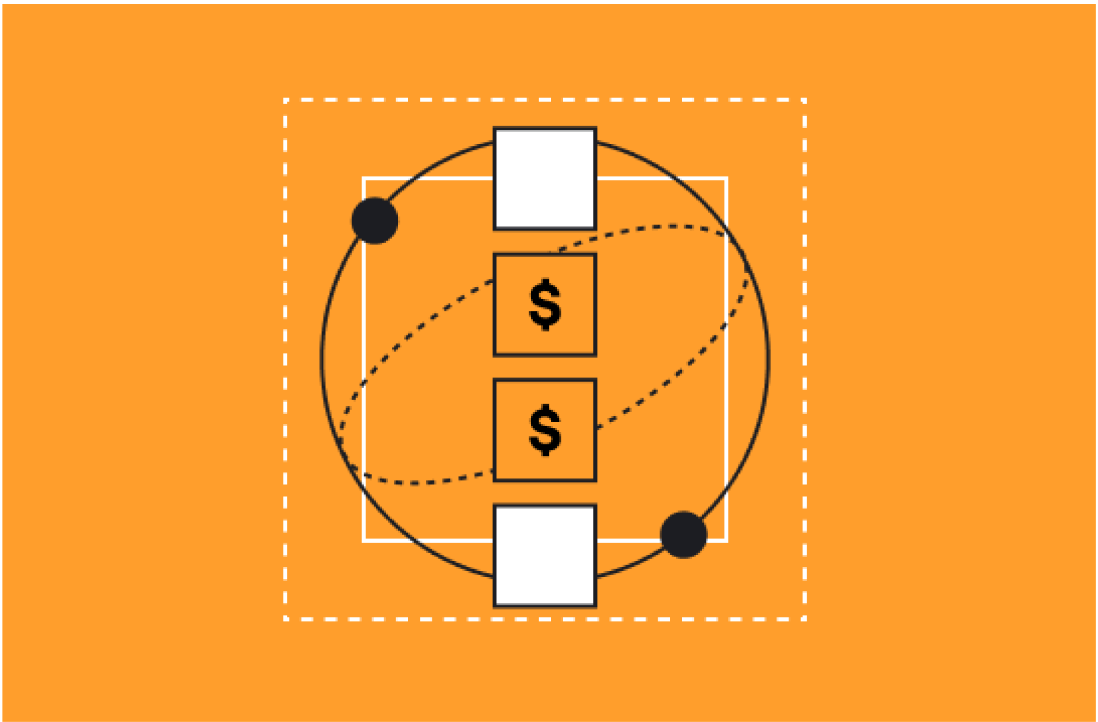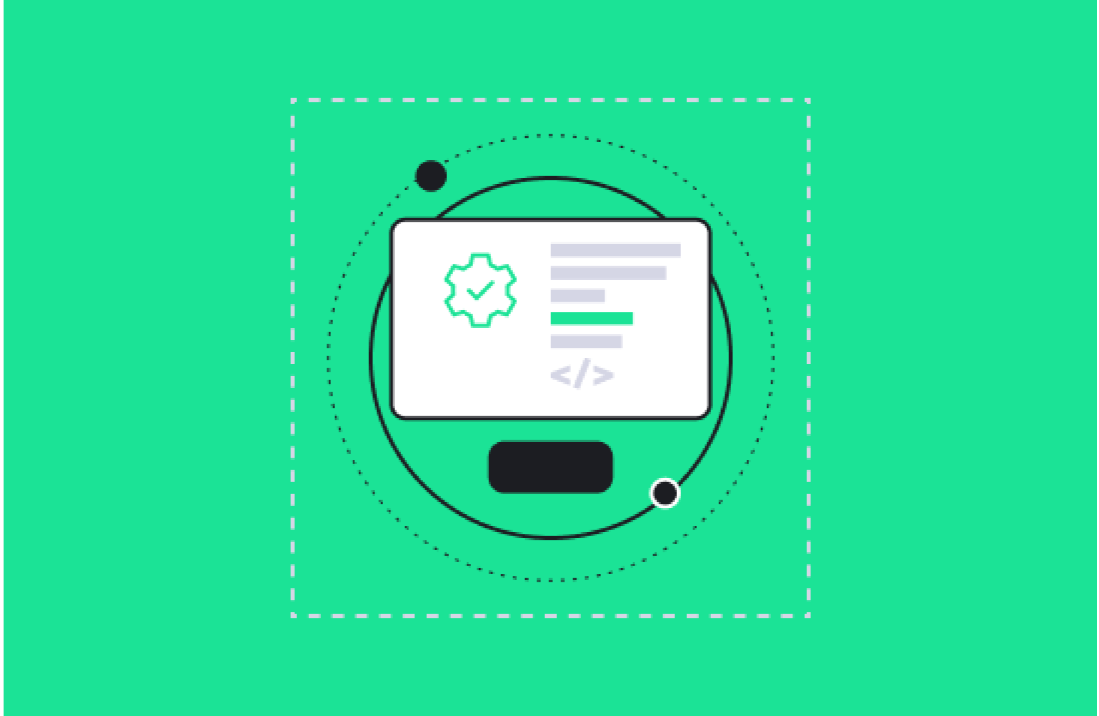Expanding on the potential of AI in go-to-market (GTM) strategies as highlighted by Nick Zeckets of Air Traffic Control (ATC) requires a deeper look into the multifaceted uses of AI in business and its profound impact on market strategies. AI is not just a tool for automation, it's a strategic partner that can inform, enhance, and optimize the GTM process from beginning to end.
AI Advantage in GTM Strategies: Insights from Air Traffic Control
Advanced Analytics for Market Insight
AI’s capability to process and analyze countless datasets offers businesses new insights into market trends, customer behavior, and competitive industries. Unlike traditional analytics, AI can identify patterns and predict outcomes, enabling businesses to make data-driven decisions with greater accuracy.
For example, AI can track shifts in consumer behavior in real-time, allowing companies to adapt their GTM strategies swiftly to meet changing market demands.
Personalization at Scale
As Nick Zeckets discussed, one of ATC's core strengths is its ability to personalize content at scale. This is a game-changer in marketing, where the one-size-fits-all approach is increasingly ineffective.
AI algorithms can target the right audiences, customizing messages to individual preferences and behaviors. This level of personalization enhances customer engagement, improves conversion rates, and builds brand loyalty.
Predictive Analytics for Customer Acquisition
AI's predictive capabilities can transform how businesses approach customer onboarding. By analyzing past interactions and engagements, AI can predict potential customers' future behaviors and preferences.
This allows companies to target their marketing efforts more effectively, focusing on leads with the highest conversion potential. Predictive analytics can also inform content creation, ensuring that marketing efforts are not only targeted but also relevant and engaging.
Automating Customer Interactions
Chatbots and virtual assistants, powered by AI, have become commonplace in customer service. However, their role in GTM strategies is expanding. AI-driven bots can provide personalized recommendations, respond to questions, and guide customers through the buying process.
By automating routine interactions, businesses can focus on more complex customer needs, enhancing the overall customer experience and creating a smooth path for purchases.
Optimizing Marketing Mix and Spend
AI can optimize marketing budgets by identifying the most effective channels and tactics for reaching target audiences.
By analyzing the performance of past marketing campaigns across different platforms, AI can allocate resources to the channels that offer the highest ROI. This ensures that marketing spend is not just efficient but also aligned with strategic GTM objectives.
Enhancing Product Development
AI's impact extends beyond marketing and sales, it can also inform product development. By analyzing customer feedback and market trends, AI can identify gaps in product offerings and suggest areas for innovation.
This ensures that product development is closely aligned with the market needs, increasing the chances of success in highly competitive markets.
Conclusion
The conversation shed a lot of light on the changing role of AI in GTM strategies. From creating personalization to optimizing marketing spend, AI offers a suite of tools that can drive growth, innovation, and efficiency.
As businesses tackle the challenge of the changing market industries, embracing AI in their GTM strategies is not just an option; it's vital for staying competitive and relevant. The insights from ATC's journey highlight the potential of AI to not just support but transform the go-to-market strategies, offering a blueprint for others to follow in the pursuit of marketing success.
Looking to see where you can add artificial intelligence into your processes? Let's chat!
Looking to see where you can add artificial intelligence into your processes? Let's chat!






